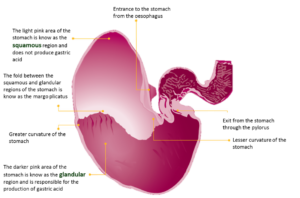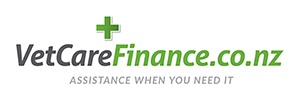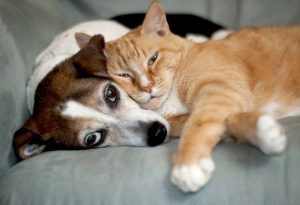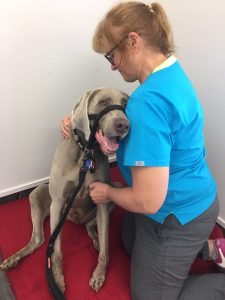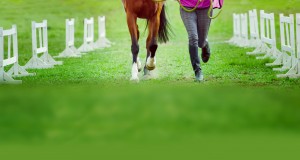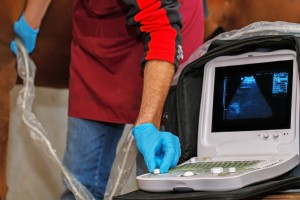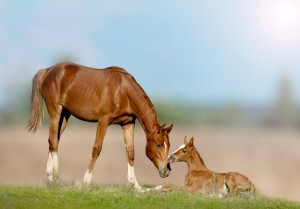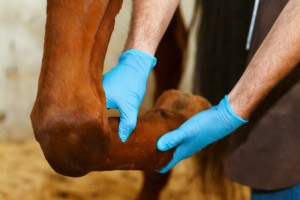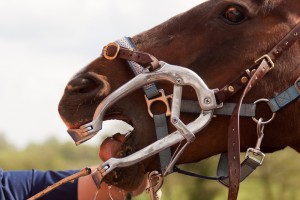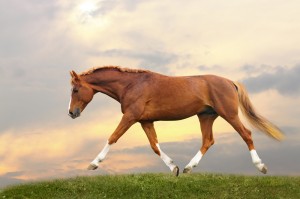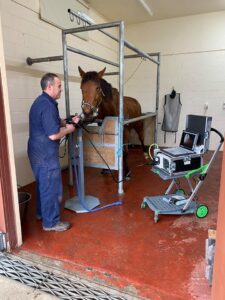
Stomach Ulcers and Gastroscopy
Clinical Signs:
Stomach ulcers are something we frequently see. Clinical signs of stomach ulcers can be varied and can include the following:
⦁ Weight loss/Struggle to gain weight
⦁ Poor Appetite
⦁ Poor Body Condition
⦁ Decreased Performance
⦁ Behavioural changes
⦁ Girthiness
⦁ Repeated bouts of colic
⦁ Dull Coat
Gastroscopy:
The only way to reliably diagnose stomach ulcers is to pass a videoscope into their stomach and directly look for any changes to the mucosa. Not only does this allow us to diagnose ulcers, but also allows us to assess the location and severity of the ulceration and tailor treatment accordingly.
We perform this procedure regularly at our Kumeu clinic. Please contact them on 094129016 if you wish to book an appointment.
What causes stomach ulcers?
Gastric ulceration in horses can occur in two forms; ulceration of the squamous mucosa (pale pink area) or ulceration of the glandular mucosa (darker pink area). The glandular mucosa is the bottom ⅔ of the stomach and responsible for secreting acid. This mucosa also has a thick layer of mucus to keep it from being damaged by the acid. The squamous mucosa is more delicate and only has a thin layer of mucus.
Ulceration of the squamous mucosa is caused by an increased exposure to acid. Ulceration of the glandular mucosa usually occurs due to a failure of the mucus layer protecting the glandular tissue or a disruption in blood flow to the tissue. Gastric ulceration is graded according to the severity and the grading is different depending on the type of mucosa.
Management Alterations to Help Prevent Gastric Ulceration
Due to a horse’s grazing nature, horses secrete gastric acid continuously. The food horses eat, particularly roughage e.g. grass and hay, as well as the saliva which is produced while eating help to buffer this acid. However, certain feeds such as concentrates and high starch feeds create more acidic conditions. The below recommendations can help:
⦁ Horses should have continuous access to high quality forage.
⦁ Add roughage e.g. Chaff to all meals.
⦁ Lucerne chaff may be beneficial due to the high calcium which helps to buffer the acid.
⦁ Split concentration ration into 2 feeds.
⦁ Corn oil or rapeseed oil (50-100mls once or twice a day) – This could reduce the amount of acid produced and possibly increase the barrier function of the glandular mucosa.
⦁ Feed 1-2L molasses free chaff within 30 mins of exercise. – This may form a ‘mat’ and reduce the splashing of acid to the squamous mucosa.




 0800
0800 